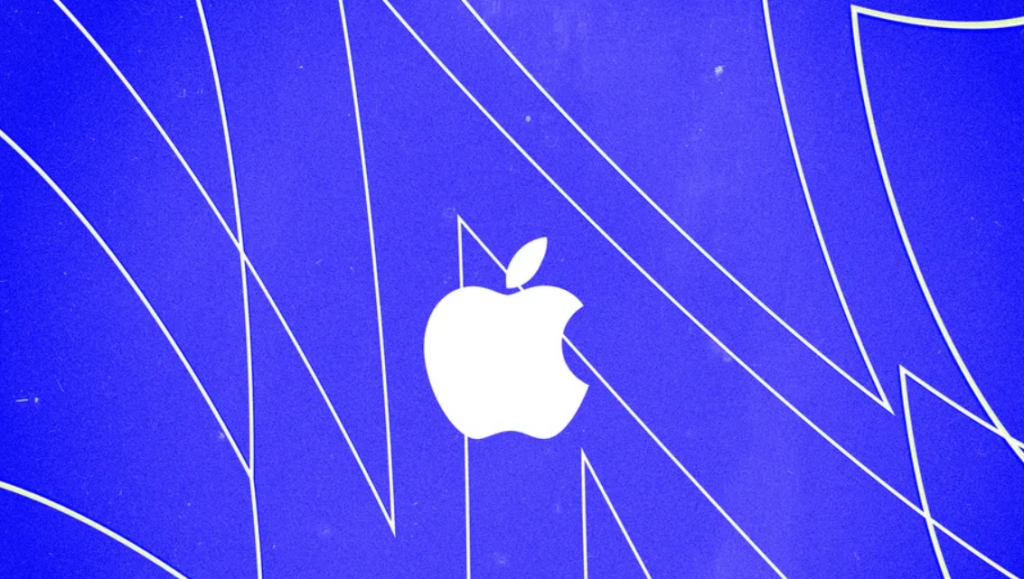
Internal emails revealed during the Epic Games v. Apple lawsuit show that employees at Apple were considering giving Netflix special treatment to convince the streaming service to not abandon in-app purchases. In the run up to Netflix removing its subscription offering to avoid Apple’s fees, a presentation circulated within Apple proposed to advertise Netflix in its retail stores, use a portion of its cut of App Store commission fees to pay for search ads, and even bundle Netflix with other Apple services.
The emails, spotted by 9to5Mac, start with an explanation of a test Netflix wanted to run to study the impact of disabling in-app purchases on iOS. Netflix’s main concern, as Director of App Store Business Management Carson Oliver wrote, was over the “voluntary churn” of subscribers through the App Store. The exact amounts are redacted, but that seems to suggest that Netflix subscribers from the App Store cancelled the service more than subscribers who joined other ways, like through Netflix’s website.
Since Apple takes a 30 percent cut from subscription fees as part of its App Store policy, there’s also clear financial reasons why Netflix might want to consider not using IAPs. Netflix could keep more of each monthly subscription without Apple’s cut.
In Apple’s first internal responses to Netflix’s plans, Oliver asks whether the company should consider punishing Netflix if it went forward with its test. There’s a several-month gap between the initial thread of emails and Apple’s later Netflix discussions, but the tone seems to have changed once Netflix appeared committed to A/B testing the removal of in-app purchases.
An email from July of 2018 showed Apple employees had created a presentation in favor of in-app purchases. It included reminders of the things Apple has done for Netflix and floated new deals, like offering subscriber discounts (Apple would eventually launch something like that in 2020) and letting Netflix determine what Netflix shows and movies Apple writes about it in the App Store.
Apple also highlighted all of the promotion it did for Netflix in the editorial section of the App Store. Specifically, Apple also calls out that Netflix was featured more than any partner, and content written about the streaming service’s shows had boosted its downloads by six to seven percent.
But in the same presentation, Apple considered floating even more benefits to Netflix, some of which went beyond what the company has publicly offered other developers — though in the email it was stressed that “the ‘What we could do’ section is inclusive of pie in the sky ideas for completeness, and these ideas have not yet been approved.”
The presentation included email campaigns devoted to promoting just the Netflix app, carving out a portion of subscription fees for advertising in the App Store, and the possibility of bundling Netflix with Apple’s other services, well before Apple launched Apple TV Plus or its Apple One bundle.
Whatever discussion between the companies did eventually happen, in-app purchases were still removed from Netflix’s app and the company doesn’t seem to have been hurt by it in the longterm — Netflix reached over 200 million subscribers in January 2021.
What this whole email saga is illustrative of is how Apple’s policies for developers seem to have exceptions. The details aren’t fully explained in the presentation, but Apple does bring up offering “video partner program benefits” to Netflix, which sound similar to the deal it cut with Amazon for Prime Video. The emails could serve as evidence that for lucrative and powerful partners, Apple seems to be willing to make concessions.